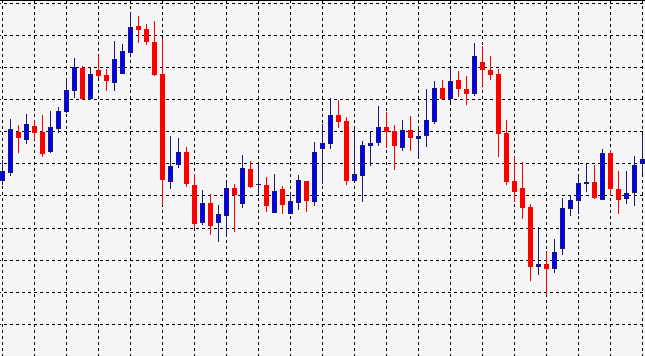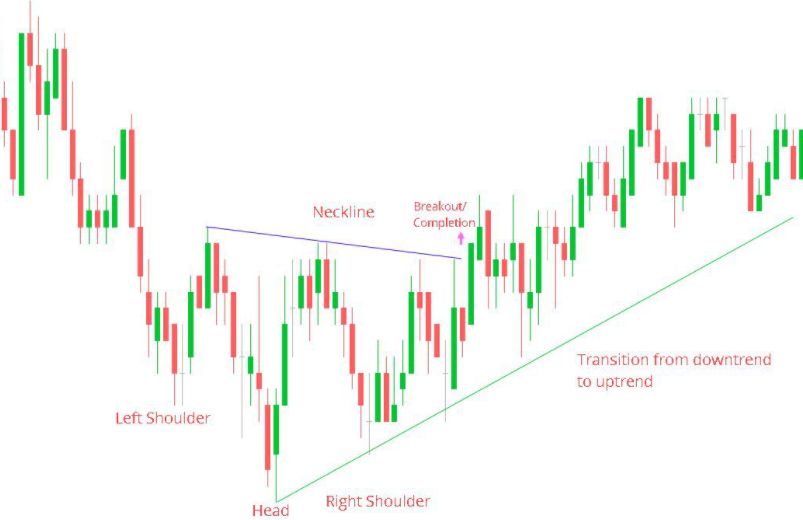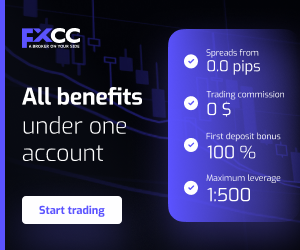What is Scalping in Forex?
If you have just started forex trading, you probably came across the term "Scalping." In this guide, we are going to discuss what is scalping in forex and why it means to be a scalper.
Scalping is a term that refers to the practice of skimming small profits on a daily basis by entering and exiting positions several times per day.
In the forex market, scalping involves exchanging currencies based on a series of real-time indicators. The aim of scalping is to make a profit by buying or selling currencies for a short period of time and then closing the place for a small profit.
Scalping is similar to those thrilling action movies that hold you on the edge of your seat. It's fast-paced, exciting, and mind-boggling all at the same time.
These types of trades are usually held for just a few seconds to minutes at most!
Forex scalpers' main aim is to catch extremely small quantities of pips as many times as possible during the busiest times of the day.
Its name comes from the method by which it achieves its objectives. A trader is attempting to "scalp" a large number of small gains from a large number of transactions over time.
How Forex Scalping Works?
Let’s take a deep dive a find out the nitty-gritty of forex scalping.
Scalping is similar to day trading in that a trader can open and close a position during the current trading session, never bringing a position forward to the next trading day or holding a position overnight.
While a day trader may look to enter a position once or twice, or even many times a day, scalping is much more frenetic, and traders will trade several times during a session.
Scalpers like to try to scalp five to ten pips from each trade they make and then repeat the process during the day. The smallest exchange price movement a currency pair can make is called a pip, which stands for "percentage in point."
What makes scalping so attractive?
Many newbies look for scalping strategies. However, to be effective, you must be able to concentrate intensely and think quickly. Not everybody is capable of dealing with such frantic and challenging trading.
It is not for those who are looking for huge wins all of the time, but for those who choose to make small profits over time in order to make a larger profit.
Scalping is based on the idea that a series of small wins will quickly add up to a large profit. These tiny wins are attained by attempting to benefit from rapid shifts in the bid-ask spread.
Scalping focuses on taking greater positions with smaller profits in the shortest amount of time: seconds to minutes.
The expectation is that price will complete the first stage of a movement in a short period of time, so market volatility will be exploited.
Scalping's main objective is to open a spot at the ask or bid price and quickly close it for a benefit a few points higher or lower.
A scalper needs to "cross the spread" easily.
For instance, if you long GBP/USD with a 2 pips bid-ask spread, your place will start with a 2 pips unrealized loss.
A scalper needs to turn the 2-pip loss into a profit as soon as possible. To do this, the bid price must rise to a level higher than the ask price at which the trade was initiated.
Even in relatively calm markets, smaller movements occur more often than larger ones. This means that a scalper will profit from a variety of small movements.
Tools for forex scalping
Now that you know what scalping is let's find out the necessary tools you require for scalping.
1. Technical Analysis
Technical analysis is crucial for forex traders to understand. Technical analysis examines and forecasts a pair of price changes using charts, trends, and other indicators. Candlestick trends, chart patterns, and indicators are some of the tools used by traders.
2. Candlesticks
Candlestick patterns are charts that track an asset's general market movements and provide a visual indication of the investment's opening, closing, high and low prices every day. Because of their shape, they are referred to as candlesticks.

Candlestick chart
3. Chart Patterns
Chart patterns are visual representations of prices over several days. The cup and handle and inverse head and shoulder patterns, for example, are named after the appearance they take. Traders embrace chart trends as measures of the next course of action for prices.

Inverse Head and Shoulders Pattern
4. Trading Stops
It's tempting to make big trades for quick cash, but this is a dangerous path to take. Trading stops inform your broker that you just want to risk a certain sum of money on each sale.
A stop order prevents trade from being executed if the loss exceeds your appropriate cap. Trading stops help you avoid major losses by allowing you to set a cap on how much you can lose on a contract.
5. Emotional Control
When prices are rising or dropping, you should be able to monitor your emotional reactions and maintain a level head. Sticking to your plan and not succumbing to greed will help you from losing a large sum of money. Keep your trades tiny so that you can get out if you make a mistake without losing anything.
Things to consider when scalping
1. Trade only major pairs
Because of their high trading volume, pairs like the EUR/USD, GBP/USD, USD/CHF, and USD/JPY have the tightest spreads.
Since you will be entering the market regularly, you want your spreads to be as tight as possible.
2. Select your trading time
During the session overlaps, the most liquid hours of the day are. This is from 2:00 a.m. to 4:00 a.m. Eastern Time and from 8:00 a.m. to 12:00 p.m. (EST).
3. Keep note of the spread
Spreads will play a significant role in your net profit because you will be entering the market regularly.
Scalping will result in more costs than profits due to transaction costs associated with each trade.
To prepare for occasions when the market shifts against you, make sure your goals are at least twice your spread.
4. Start with one pair
Scalping is a really competitive game, and you'll have a better chance of succeeding if you can focus all of your attention on one pair.
As a noob, trying to scalp several pairs at the same time is almost suicidal. After you've gotten used to the speed, you can try adding another pair and see how it goes.
5. Take good care of money management
This is true for any form of trading, but since you are making so many trades in one day, it is particularly critical that you follow risk management guidelines.
6. Keep up with the news
Trading around highly awaited news stories can be extremely risky due to slippage and high volatility.
It's frustrating when a news item causes the price to move in the opposite direction of your trade!
When not to scalp?
Scalping is high-speed trading, which necessitates a large amount of liquidity to ensure swift trade execution. Just exchange major currencies when liquidity is high, and volume is high, such as when both London and New York are open for business.
Individual traders can compete with big hedge funds and banks in forex trading—all they need to do is set up the right account.
If you are unable to concentrate for whatever reason, do not scalp. Late nights, flu symptoms, and other distractions can often knock you off your game. If you have had a string of losses, you can stop trading and take some time to recover.
Do not seek vengeance on the market. Scalping can be exciting and difficult, but it can also be frustrating and exhausting. You must be confident in your ability to engage in high-speed trading. Scalping will teach you a lot, and if you slow down enough, you can find that you can become a day trader or a swing trader as a result of the trust and experience you'll gain.
You are a scalper if
- You love fast trading and excitement
- You don't mind looking at your charts for several hours at a time
- You are impatient and hate long trades
- You can think quickly and change bias, of course, quickly
- You have quick fingers (put those gaming skills to use!)
You are not a scalper if
- You get quickly stressed in fast-paced environments
- You can't devote several hours of undivided attention to your charts
- You'd rather make fewer trades with higher profit margins
- You enjoy taking your time to examine the market's overall picture
Bottom line
Scalping is a fast-paced activity. Scalping could be for you if you enjoy action and prefer to concentrate on one- or two-minute maps. Scalping could be for you if you have the temperament to respond rapidly and have no doubts about taking small losses (less than two or three pips).
Click on the button below to Download our "What is Scalping in Forex?" Guide in PDF


